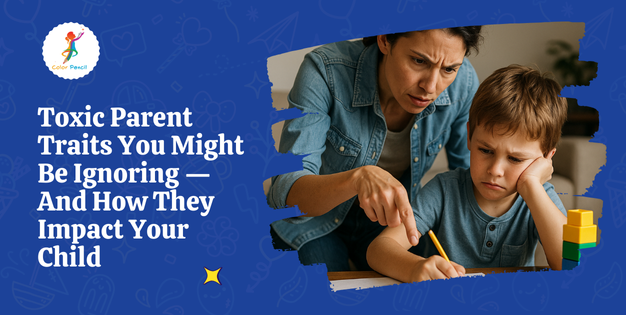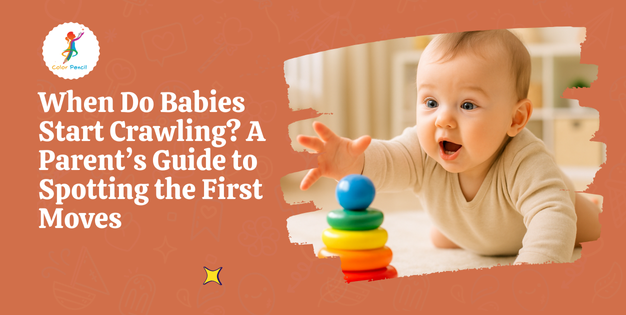Nurturing Emotional Connection for Lifelong Confidence
Attachment parenting customarily is explained as having one of the principal sensitive emotional elements that accompanies raising children. This style of parenting, which is deeply rooted in the principles of attachment theory, seeks to create a strong and enduring emotional bond between parent and child.
Moreover, attachment parenting stems from the fact that one such approach instinctively responds to a child’s needs in an irrefutably gentle manner—sensitively and consistently. It aims at being responsive to the notion that comforting helps children develop a secure attachment, which in turn aids in their healthy emotional and psychological development.
What is Attachment Parenting?
Meeting children’s physical and emotional needs in a responsive manner is what forms the basis of attachment parenting. This approach aims to help parents be more responsive and nurturing towards their children—right from infancy.
Parents who practice attachment parenting strongly believe that securely attached children develop stable, independent, compassionate, and empathetic adults.
Common Traits of Attachment Parents
- Practicing physical closeness through baby-wearing, breastfeeding, co-sleeping, or prolonged cuddling
- Promptly and consistently responding to a child’s needs and signals
- Using gentle, non-punitive discipline
- Fostering open communication and emotional validation
- Encouraging secure attachment before gradually promoting independence
- Being emotionally available, calm, and sensitive to a child’s rhythms and temperaments
Why Parents Choose Attachment Parenting
Parents exercising attachment parenting usually intend to:
- Form a basis of trust and emotional safety
- Encourage an atmosphere that fosters positive brain development
- Alleviate stress and anxiety for their child
- Focus on emotional connection as the core of discipline and guide learning
- Compassionate, present, and attentive parenting
The research in attachment parenting is strongly rooted in developmental psychology and emphasizes the benefits to children when caregivers respond to them in a consistent and emotionally supportive manner.
The Benefits of Attachment Parenting
When practiced consistently and mindfully, attachment parenting offers several important benefits:
- Supports the development of secure attachment and trust
- Fosters emotional regulation and empathy
- Builds strong, lasting parent-child bonds
- Reduces behavioral issues linked to unmet emotional needs
- Helps children develop resilience and self-confidence
- Enhances communication and emotional expression
Children raised in an attachment-based environment often feel safe exploring the world, knowing they have a secure base to return to when needed.
The Challenges of Attachment Parenting
Like all parenting styles, attachment parenting can present challenges:
- Can be physically and emotionally demanding for parents
- May lead to burnout if parents do not prioritize self-care
- Misinterpretation of the approach may lead to permissiveness if boundaries are not established
- Can be difficult to maintain consistently, especially in the context of work or multiple caregiving responsibilities
It is important for parents practicing attachment parenting to remember that connection does not mean constant availability — it means responsiveness balanced with sustainable self-care.
Practicing Attachment Parenting with Balance
1. Tune Into Your Child’s Cues
Pay attention to your child’s signals and respond promptly and sensitively, building trust through consistent care.
2. Foster Physical and Emotional Closeness
Offer physical affection, presence, and warmth regularly, especially during times of stress or transition.
3. Use Gentle Discipline
Guide behavior through understanding and connection rather than punishment, helping children internalize self-discipline.
4. Gradually Encourage Independence
Attachment parenting is not about limiting independence but supporting it when the child is emotionally ready.
5. Prioritize Your Own Well-Being
A secure attachment is supported by emotionally available parents. Taking care of yourself strengthens your ability to be present for your child.
When Attachment Parenting is Especially Beneficial
Attachment parenting is particularly helpful:
- During the first few years of a child’s life, when attachment bonds are forming
- For children with sensitive or intense temperaments
- During periods of emotional change, such as the arrival of a sibling or starting school
- For parents seeking to build a deep and lasting connection with their child
Feeling Overwhelmed? Let’s Talk! Join Our Parent Forum and Get Expert Advice & Support!
Final Thoughts
Attachment parenting is about connection, trust, and emotional presence. It creates a strong foundation from which children can grow into emotionally healthy, confident, and resilient individuals.
By offering consistent care, listening with empathy, and responding with sensitivity, parents help children feel secure — not only in their early years but throughout life.
Visited 5 times, 1 visit(s) today








